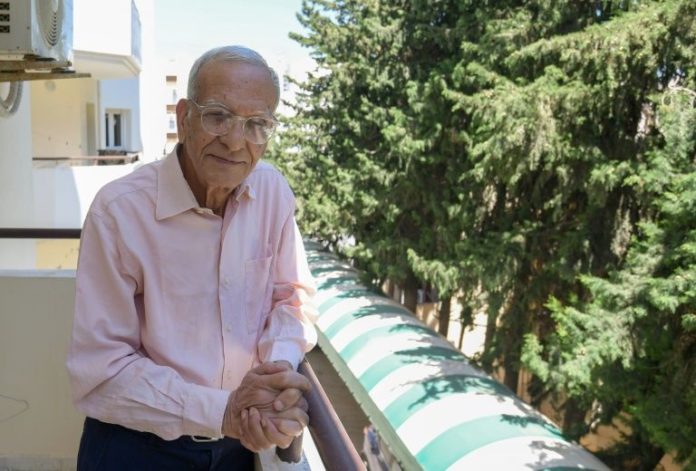TUNIS, May 23, 2020 (BSS/AFP) – Under confinement in the capital,
Tunisian philosopher and anthropologist Youssef Seddik has been
spending time dissecting the meaning of words, and with them, the
world.
From the coronavirus pandemic, he hopes to witness the birth of a
rediscovered spirituality.
– What has changed? –
“It has changed me by making me think about words, about sayings
that were self-evident and that we thought were automatic.
“For example: killing time. What is time killed? It is no longer
positive,” he told AFP in Tunis.
“Confinement must change our automatic response to language and
force us to reflect more, to no longer trust the obvious and
ready-made formulas.
“Perhaps we are about to inaugurate another way of thinking, rather
like when we went from the Middle Ages to the Age of Reason.
“It would entail a revolt against the imperialism of method, gain,
profit and monopolisation of wealth by the few.
“We are fed up with our time which gave us two (world) wars.
“To this day, we are living out the rest of this period, the
division of the world into rich countries, developing countries and
countries that are former colonies.
“This has negatively coloured humanity. Now is the time, during
this pandemic, that we can completely change the data.
– Effect on spirituality? –
“I’ve found something very common to all nations experiencing the
pandemic today, it is the relationship with death.
“Citizens of all countries and even young people, children, have
more humility to say they are alive and more courage to look at death.
“For Islam, the four religious pillars (Ramadan, the hajj, giving
of alms and prayer) have become more individual, they have been
confined to the person himself. “This is very important because for a
very long time in our Muslim countries, the collective and religious
dimension have taken precedence over the contemplative dimension of
the individual.
“If this continues, it’s a very good thing.
“This will help Islamic societies get rid of all that is
collective, what I call the belief of the herd, one that is easily led
by a leader, a sheikh or whatever ideology.
“I believe this heralds a very broad future for Islam and a way of
thinking about Islam that many thinkers, works and creations since the
start of the last century have failed to stir up.
“Today, with the ban for hygiene and health reasons of most
collective practices, I believe people will reflect on this forgotten
truth that the relationship must be direct and without mediation
between the divine and oneself.
– Recommendations for world after? –
“First, fight hard against the tendency of people to amass money
for nothing and luxuries that serve only a few.
“Perhaps we should educate people, and educate our children from
kindergarten on the principle and the truth that a solitary pleasure
is not a pleasure and that it is multiplied when it is shared.
“The whole pedagogy of conviviality and sociability should be reviewed.
“If we want man to have positive command in future, education has
to change completely.
“Let people be taught not to decipher the alphabet or to dissect a
text, but to read the world.
“When you read the world, you realise that the most accomplished
alphabet is the human being himself.



